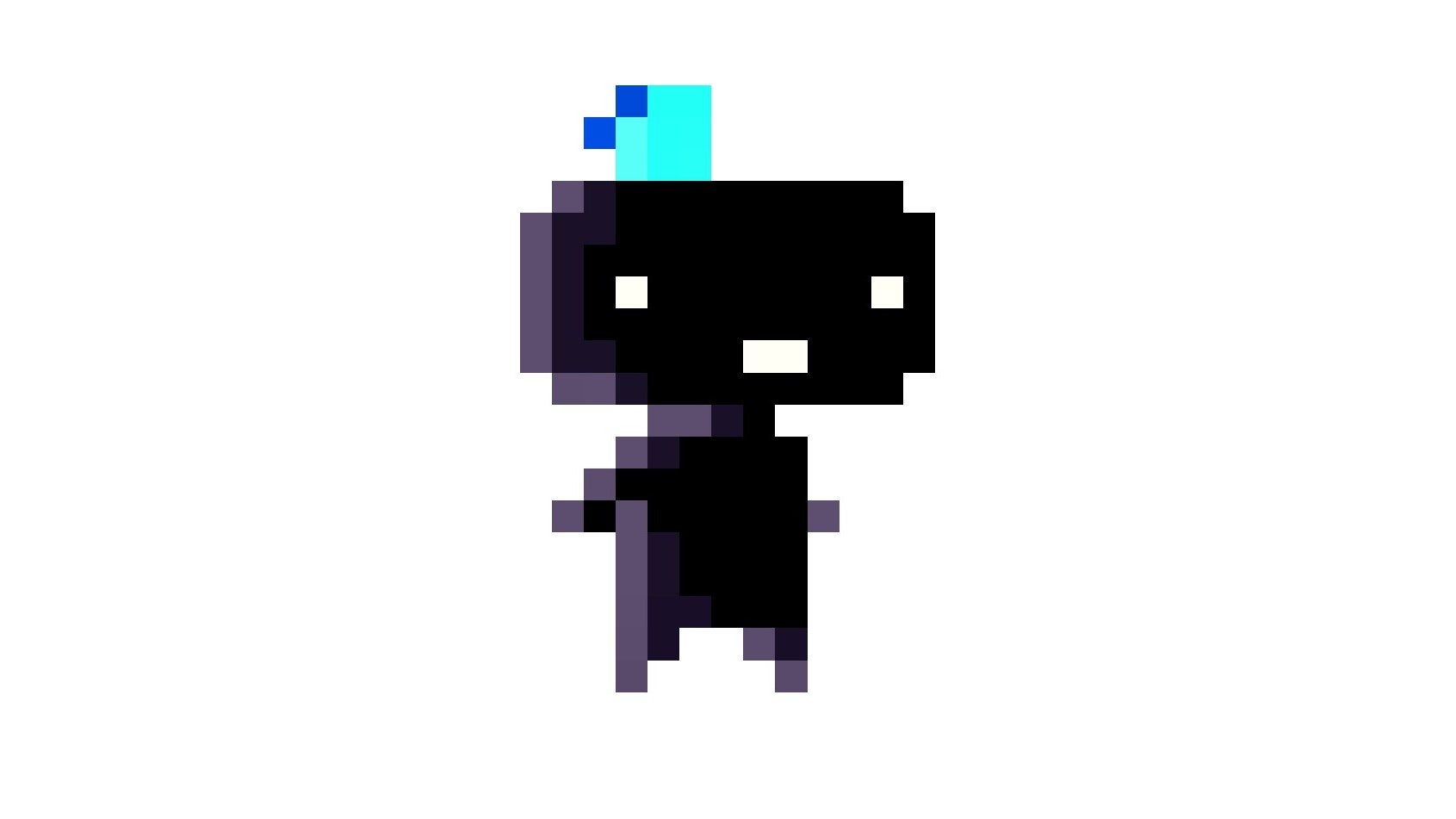I don’t need to tell you Fez is a great game because you know that. Everyone told you that in 2012. We named it Game of the Year, then called a Game of the Decade seven years later. It’s one of the indie icons, a mandatory mention whenever you’re talking about them.
But it’s been 10 years since it was released, which is a long time, and somehow within all of that, I had never played it. Until now, that is, and it’s an interesting place to look back on the game from. There’s no noise surrounding it now, no drama. All that hullabaloo, it’s gone. Now, really, there is only the game.
And what a game. I’m not here to give you a controversial hot-take on how time has ravaged Fez and revealed it to be rubbish, because it hasn’t. In fact, I’m partly here to tell you the opposite and how time doesn’t seem to have touched Fez at all. It’s remarkable how fresh it still feels. It could have been released this year.
Those blue skies and Mario grass-greens are still dreamily nostalgic. Those pixel edges are still crisp. Those dinky cube worlds still appear delicate enough to belong in a gallery somewhere. Fez still turns heads. And the “gimmick”, as Oli once called it, that central mechanic of a rotating 2D world – which is actually a 3D world viewed side-on that you can spin around – which reveals secrets and rearranges platforms so you can get to places you previously couldn’t: that is still brilliant, still endlessly brilliant. Dozens of hours in, I still marvel at how levels realign themselves. And for this to feel so new even after other games like Monument Valley have normalised it – it’s testament to the way it’s implemented here.
But these are surface level things, really. You understand and enjoy these things when you begin, and for a long time, Fez doesn’t necessarily seem like anything more, which would be absolutely fine – it would still be a lovely game. But gradually, you see hints of something else: markings you can’t understand or suggestions of secrets you can’t quite get to, and your brain can’t quite bridge the gap to find the solution. So it begins to bother you – not hold you up, just bother you.
